Dhaka, July 21, (V7N) – Today marks one year since the Appellate Division issued a landmark ruling on quota reform, following weeks of mass protests by students across Bangladesh.
On July 21, 2024, the 21st day of the student-led anti-discrimination movement, the Appellate Division responded to calls for reform by issuing a ruling mandating 93 percent merit-based recruitment in government jobs. The ruling also urged students to return home and called for the issuance of a government notification in line with the decision. Several ministers at the time welcomed the court’s intervention.
The movement, which had turned nationwide, had seen extensive demonstrations and clashes with law enforcement. On July 20, a day before the ruling, the government had imposed an indefinite curfew to quell unrest. While no fresh violence occurred that day, the nation remained on edge. Highways and city streets bore visible signs of destruction, and Dhaka had transformed into a ghost town under strict military lockdown.
Despite the ruling, the curfew remained in effect and security measures were intensified. The army, navy, and coast guard were deployed throughout the country. Checkpoints were established at nearly every intersection in the capital and beyond, and strict searches became routine.
Tanzina Tammim Hapsa, former coordinator of the anti-discrimination student movement, reflected on that time:
“When the curfew started and the women's halls closed, many of us were forced to leave. I used to walk to Nilkhet just to meet a journalist and get any news or updates.”
The then Inspector General of Police (IGP) and RAB Director General claimed the movement had lost its legitimacy, labeling the remaining protestors as "miscreants" whose goal was to destabilize the nation.
Meanwhile, the then ruling Awami League government launched efforts to build international support and frame the unrest as subversive. The Foreign Minister briefed ambassadors, high commissioners, and representatives from international bodies, including the United Nations, in an attempt to control the narrative.
On the same day, Sheikh Hasina, the then Prime Minister, held emergency meetings with the chiefs of the army, navy, and air force, reportedly instructing them to tighten enforcement further in an effort to cling to power.
END/RH/AJ



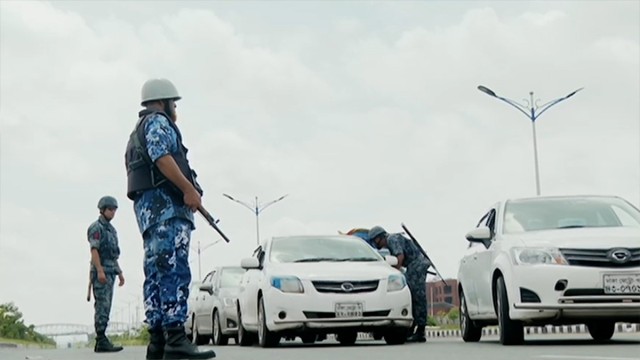
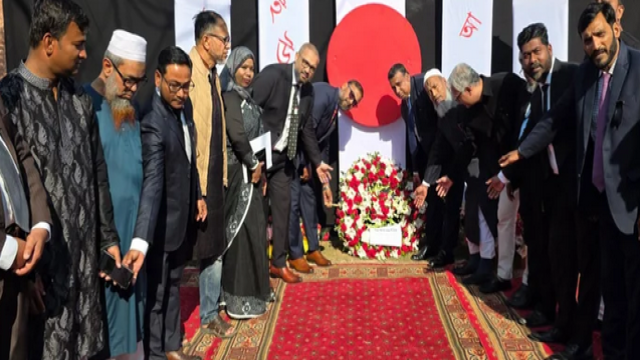



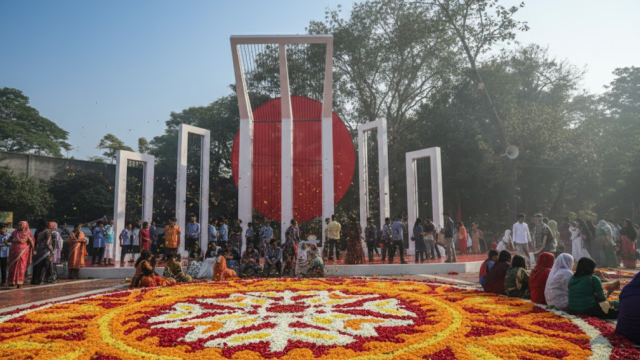
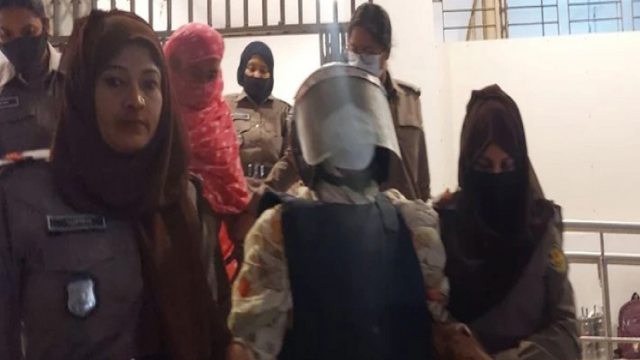
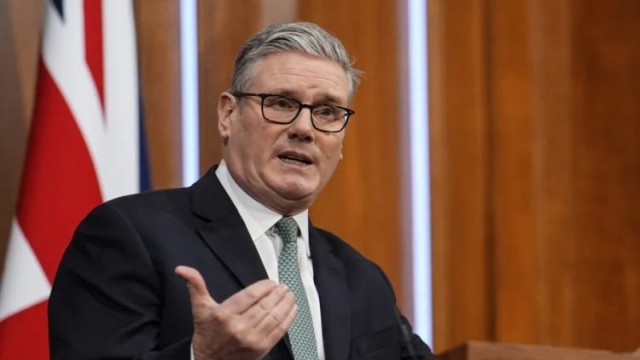


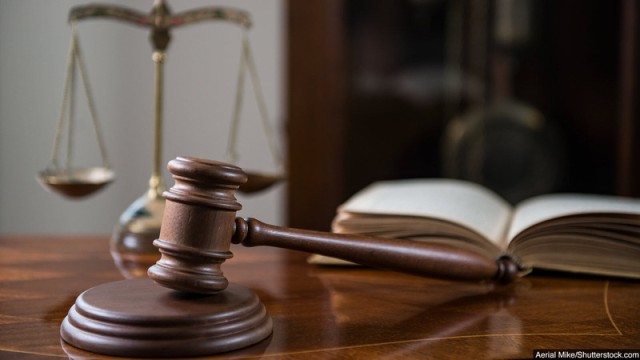
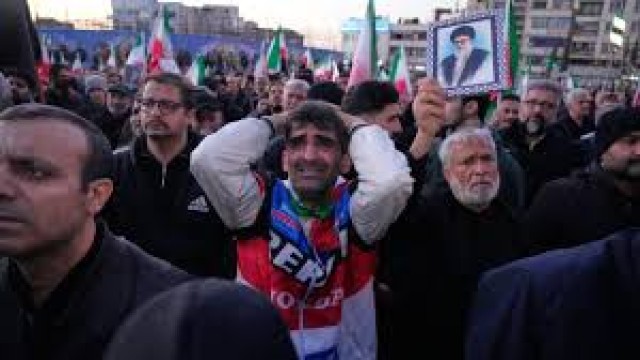
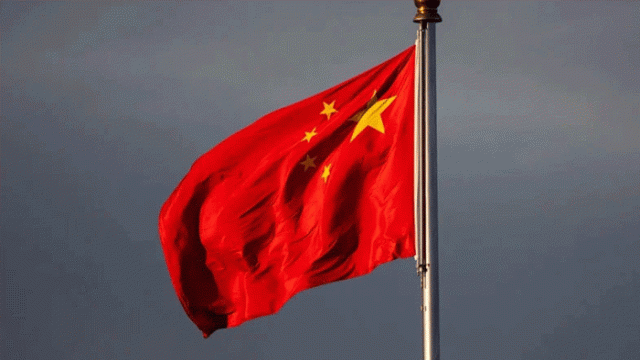

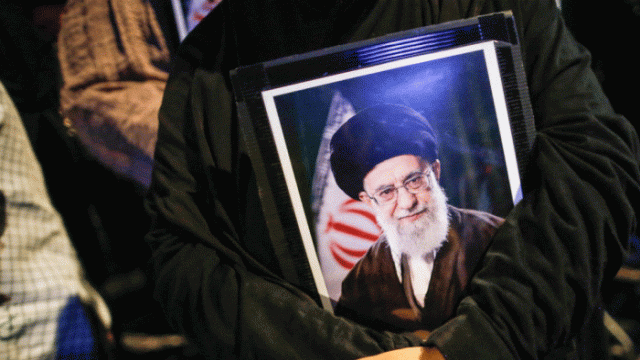









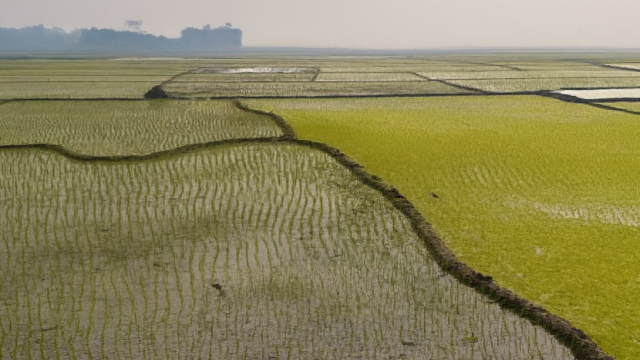


Comment: